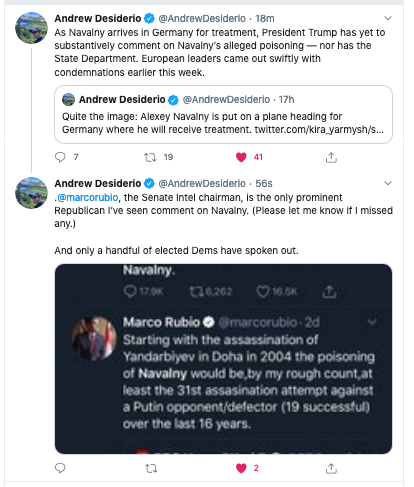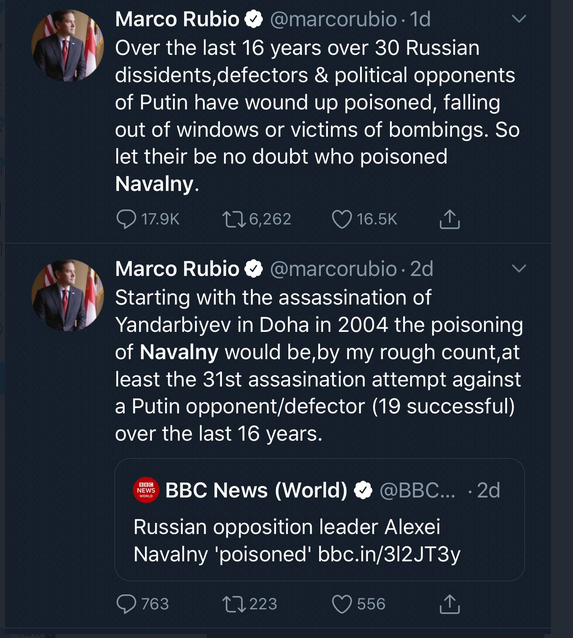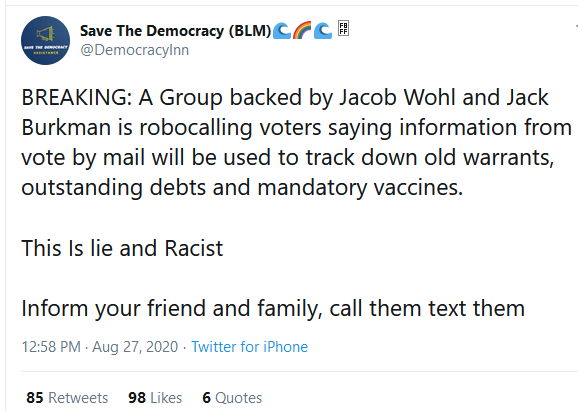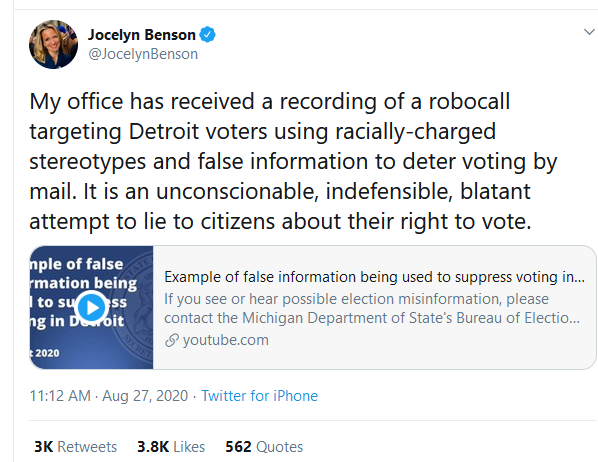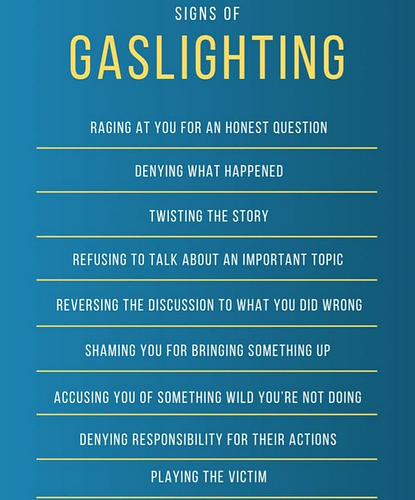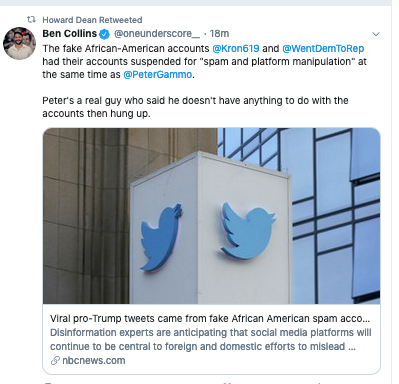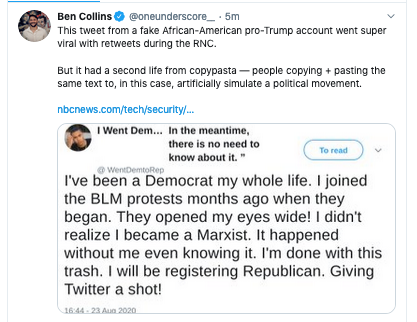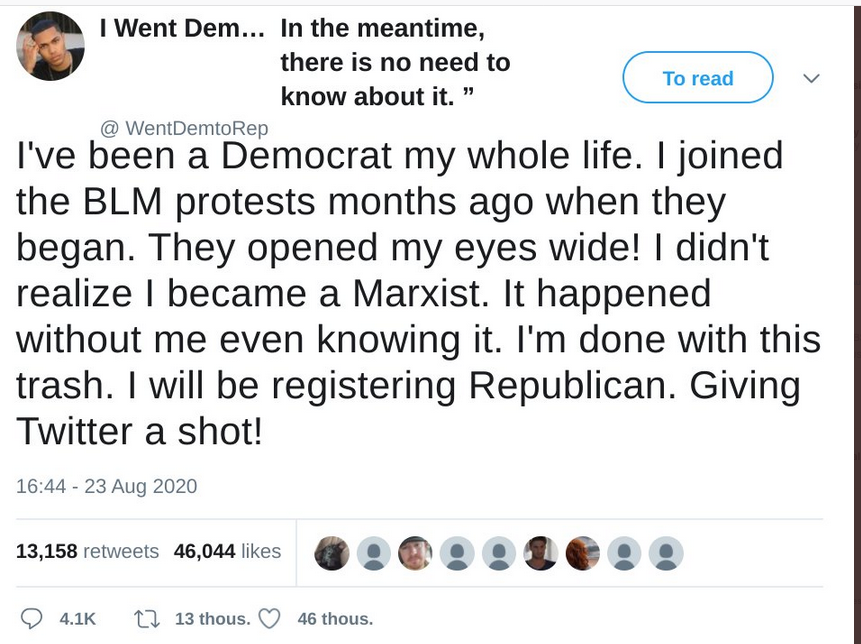So much to unpack in this piece…
Revealed: Jared Kushner’s Private Channel With Putin’s Money Man
Officials in the U.S. State Department were surprised, too. Despite a department press release announcing the delivery, several senior officials working on the Russia portfolio in the department and elsewhere in the national security apparatus were unaware exactly how the 45 ventilators had ended up on American soil. Half of the shipment was paid for by the Russian Direct Investment Fund (RDIF), one of the country’s sovereign wealth funds, which is under U.S. sanctions. (The sanctions do not prohibit all transactions between U.S. entities and the firm, but they have limited the fund’s interactions with American businesses.) And the fund’s CEO, Kirill Dmitriev, had been scrutinized by Congress and former special counsel Robert Mueller for his communications with Trump transition officials shortly after Moscow had meddled in the 2016 election.
But wait there’s more
Dmitriev was one of the main participants in the infamous January 2017 Seychelles meeting with former Blackwater CEO Erik Prince, in which the two discussed a roadmap for U.S.-Russia cooperation in the new administration. In the years since, Kushner and Dmitriev have communicated—often at a distance, and at times through intermediaries—about ways the U.S. and Russia could work together. The conversations have touched on everything from creating a joint business council to increase investment, to working on a Middle East peace deal, to helping lead negotiations on a recent OPEC deal, to delivering those medical supplies, according to multiple senior officials.
And then, oh shit!
Two individuals familiar with the matter said Trump was briefed on the Dmitriev U.S.-Russia reconciliation plan ahead of his first call with Putin on Jan. 28, 2017. A White House readout of the call said Trump and Putin spoke for about an hour on subjects ranging from mutual cooperation in defeating ISIS to creating investment opportunities for both countries—two bullet points included in that reconciliation memo.
During the same time period, Kushner was beginning to lay the groundwork for the development of a Middle East peace plan—one Team Trump thought could evolve with considerable international buy-in, including from Russia. The idea for a peace plan had been in the works before Trump took into office, officials said. At an event before his inauguration, Trump spoke with reporters from the Times of London about the idea, saying Kushner would lead the peace plan process.
even more,
This spring, a few days after that Russian plane loaded with protective gear landed in New York City—the shipment made possible in part by Kushner’s “Project Airbridge”—Saudi Arabia and Russia struck a deal to cut oil production in order to stabilize the market that had been rattled by the coronavirus. OPEC and its allies agreed to cut production by 9.7 billion barrels a day in May and June after oil prices fell to 18-year lows. One senior administration official said Kushner and Dmitriev worked behind the scenes to help negotiate the deal.
During the last-minute negotiations, Dmitriev published an op-ed with CNBC saying the U.S. and Russia should work together to defeat the coronavirus.
“During World War II, American and Russian soldiers fought side by side against a common enemy,” Dmitriev wrote. “Just as our grandfathers stood shoulder to shoulder… now our countries must show unity and leadership to win the war against the coronavirus.”
Dmitriev’s article was viewed in the administration as the most recent proposal by the Russians to work with the United States. He often appears on television and publishes opinion articles in CNBC and other American media outlets proposing new pathways for cooperation between the U.S. and Russia. He also pitches ideas publicly at international forums, including in Davos. Dmitriev’s plan for cooperation on the virus seemed to those working on the Russia portfolio like a way the two countries could legitimately partner on a major international crisis.
In May, a U.S. Air Force aircraft landed in Moscow. Officials with the U.S. Agency for International Development (USAID) carried out the delivery of a $5.6 billion shipment with ventilators meant to help Russia fight the virus—even though USAID ceased operations in the country in 2012. The agency did not respond to a request for comment for this story.
In its communiqué, the U.S. State Department used language similar to Dmitriev’s: “Particularly in times of crisis, we must work together—much like we did during the Second World War, when the people of our two nations and other allies fought valiantly, suffered great losses, and endured great hardship.”
Two months after that, the U.S. and United Kingdom intelligence communities accused hackers working for the Kremlin of breaking into the networks of groups working on a COVID-19 vaccine.
Is our state department now promoting the same policies discussed in the Seychelles meeting? The fuck guys?

